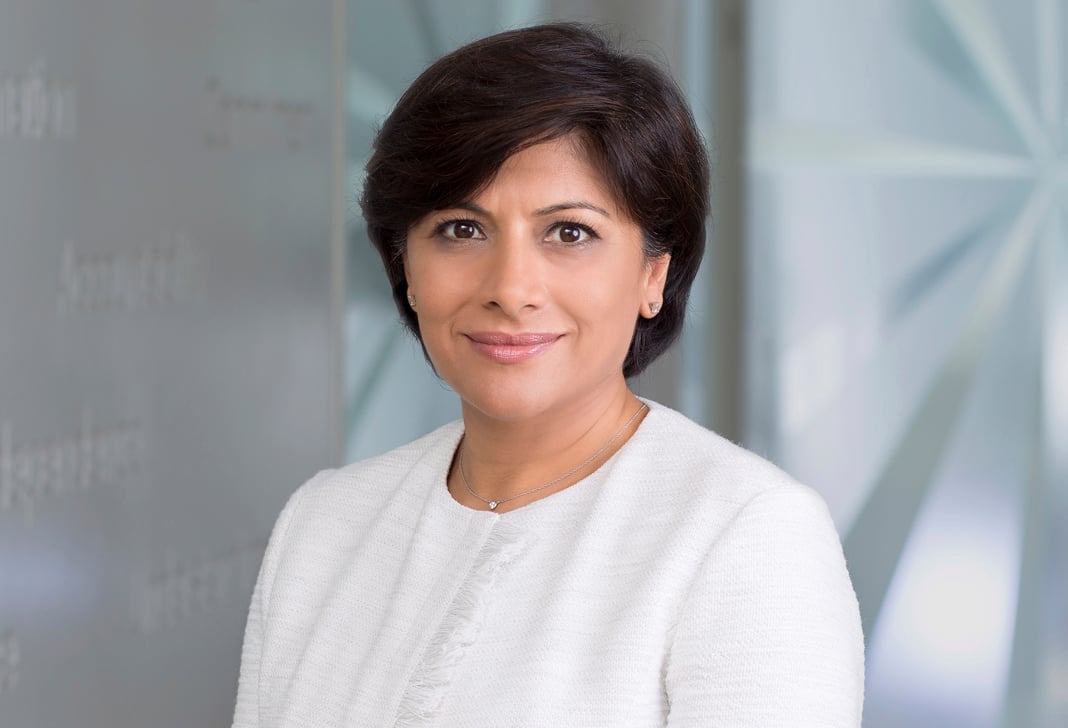
Monetary Authority of Singapore Release Guidelines on Digital Token Offerings
In Short
The Situation: Guidelines on Digital Token Offerings introduced by the Monetary Authority of Singapore address initial coin offerings and also how current laws will be applied to intermediaries.
The Result: Whether a digital token offering is regulated by the Monetary Authority depends on whether the digital token is considered a capital markets product.
Looking Ahead: Parties considering ICO fundraising in Singapore or any other activity involving digital tokens should carefully consider the implications of the regulatory framework.
On November 14, 2017, the Monetary Authority of Singapore ("MAS") released non-binding Guidelines on Digital Token Offerings ("MAS Guidelines").
The MAS Guidelines go beyond the application of securities laws to initial coin offerings ("ICOs"). They also address how various laws and regulations will be applied by MAS to intermediaries who: (i) operate primary ICO launch platforms; (ii) offer financial advice; or (iii) operate trading platforms, involving digital tokens.
The MAS Guidelines also clarify that:
- The requirements of the Securities and Futures Act ("SFA") and the Financial Advisers Act ("FFA") may apply extra-territorially; and
- Relevant legislation combating money laundering and terrorism financing will apply to digital tokens, regardless of whether or not they are considered capital markets products under the SFA ("CMPs").
As partial compensation for the lack of relevant case law in Singapore, the MAS Guidelines also set out several indicative and non-conclusive case studies relating to different types of digital token offerings and intermediary activities to help current and potential participants assess whether or not the relevant legislation and regulations apply.
The MAS Guidelines also confirm several positive developments previously referred to by MAS:
- MAS is establishing a new "Payments Service Framework" that will seek to address money laundering and terrorism financing risks relating to any exchange involving virtual currencies by introducing additional requirements for intermediaries undertaking related activities; and
- Firms dealing with digital tokens may now apply to MAS to enter a "regulatory sandbox" under which MAS may relax certain legal and regulatory requirements on the condition that certain evaluation criteria are met and the firm operates within appropriate boundaries.
Summary of the Guidelines
A summary of key aspects of the guidelines is set out below:
Whether a digital token offering is regulated by MAS depends on whether the digital token is considered a CMP. CMPs are defined more widely than securities under the SFA and include the following:
- Securities;
- Futures contracts;
- Contracts or arrangements for the purpose of foreign exchange trading (whether leveraged or not); and
- Such other products prescribed as CMPs by MAS.
An offer of digital tokens that constitute securities or units in a collective investment scheme is subject to the same regulatory regime under the SFA as if it were a traditional securities offering. Such offer must therefore be made in, or accompanied by, a prospectus that is prepared in accordance with the SFA and registered with MAS.
Exemptions from the application of the SFA as described above (subject to certain conditions) include, where an offer of digital tokens is:
- A "small offer" (S$5 million or less in a year);
- A "private placement" (no more than 50 persons in a year);
- Made to "institutional investors" (as defined in the SFA) only; or
- Made to "accredited investors" (as defined in the SFA).
Unless otherwise exempted, intermediaries that carry out the following activities (that are considered CMPs) may be deemed to be undertaking a "regulated activity", which would require that such intermediary hold a relevant capital markets services license under the SFA:
- Operation of a platform on which offerors make primary offers or issues of digital tokens (a "primary platform");
- Provision of financial advice in respect of digital tokens (a "financial adviser," who must also be authorized and hold a financial adviser’s license (or be exempt)); or
- Operation of a platform on which digital tokens can be traded (a "trading platform"; anyone establishing a trading platform in Singapore must also be approved by MAS as an approved exchange or recognized by MAS).
The requirements of the SFA and FFA may apply extra-territorially and intermediaries based outside Singapore may still be subject to such requirements it is intended, or likely, that they may induce members of the public in Singapore to use their services (being regulated activities).
Legislation combating money laundering and terrorism financing will apply in respect of digital tokens, regardless of whether or not they are considered CMPs. This includes:
- Obligations to report suspicious transactions; and
- Prohibitions from dealing with designated individuals and entities.
Although the activity of exchanging virtual currencies into fiat currencies is presently not regulated by MAS, it appears that this will soon change as the MAS intends to establish a new "Payments Service Framework" that will require intermediaries dealing with virtual currencies to put in place policies, procedures and controls addressing money laundering and terrorism financing risks.
Conclusion
Companies that are considering ICO fundraising in Singapore or any other activity involving digital tokens should carefully consider the impact of the regulatory framework and seek advice as to whether their activities comply with the applicable legal requirements.
Two Key Takeaways
- An offer of digital tokens that constitute securities or units in a collective investment scheme is subject to the same regulatory regime as if it were a traditional securities offering.
- While activity of exchanging virtual currencies into fiat currencies is presently not regulated by MAS, it appears that this will soon change.



